Nicknamed "naked clams" because they have no shell, barnacles grow faster than creatures like mussels and oysters, and have a short harvest time.
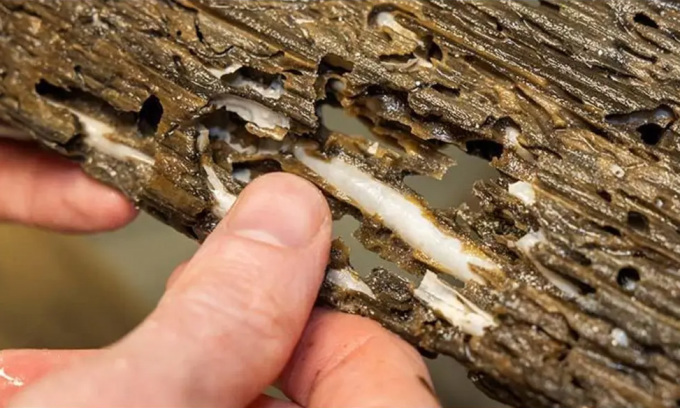
Seashells in a wooden board. Photo: Plymouth University
A group of scientists at Cambridge University and Plymouth University, UK, are raising barnacles as an alternative food source to shrimp and fish, Interesting Engineering reported on April 9.
Barnacles, or wood borers, are highly destructive. In their early stages, they are small, free-swimming creatures. Once they find a suitable home in wood, they grow into a new form and burrow into the wood. Barnacles once troubled explorer Christopher Columbus. During his voyage to the Caribbean, they weakened the hulls of his ships, threatening the safety of his crew.
Barnacles don’t have shells. That’s why researchers David Willer from the University of Cambridge and Reuben Shipway from the University of Plymouth prefer the nickname “naked clams.” Barnacles don’t expend energy growing their shells. This allows them to grow faster than mussels and oysters, which can take up to two years to reach harvestable size.
Cod, haddock, salmon, tuna and prawns make up 80% of the seafood consumed in the UK. They are often caught using harmful and unsustainable fishing methods called trawling. Scientists hope barnacles will provide humans with the same benefits as a more sustainable fish-rich diet.
Bottom trawling is a widely used industrial fishing method in which fishermen drag heavy nets across the seabed to catch fish. This method destroys natural seabed habitats by ploughing up the seabed and affecting all the plants and animals that live there.
“The great thing about naked clams is that they eat wood. Compared to something like tuna, the natural environment is not impacted by fishing,” says Willer. Key to the barnacles’ success are the symbiotic bacteria and fungi that live in their stomachs. The bacteria and fungi help convert wood into a variety of compounds including protein, vitamin B12, and essential micronutrients.
In 2023, the team built the world's first barnacle farming system in Plymouth, England. Once they receive a patent for their invention, they will launch plans to scale it up in May.
Thu Thao (According to Interesting Engineering )
Source link



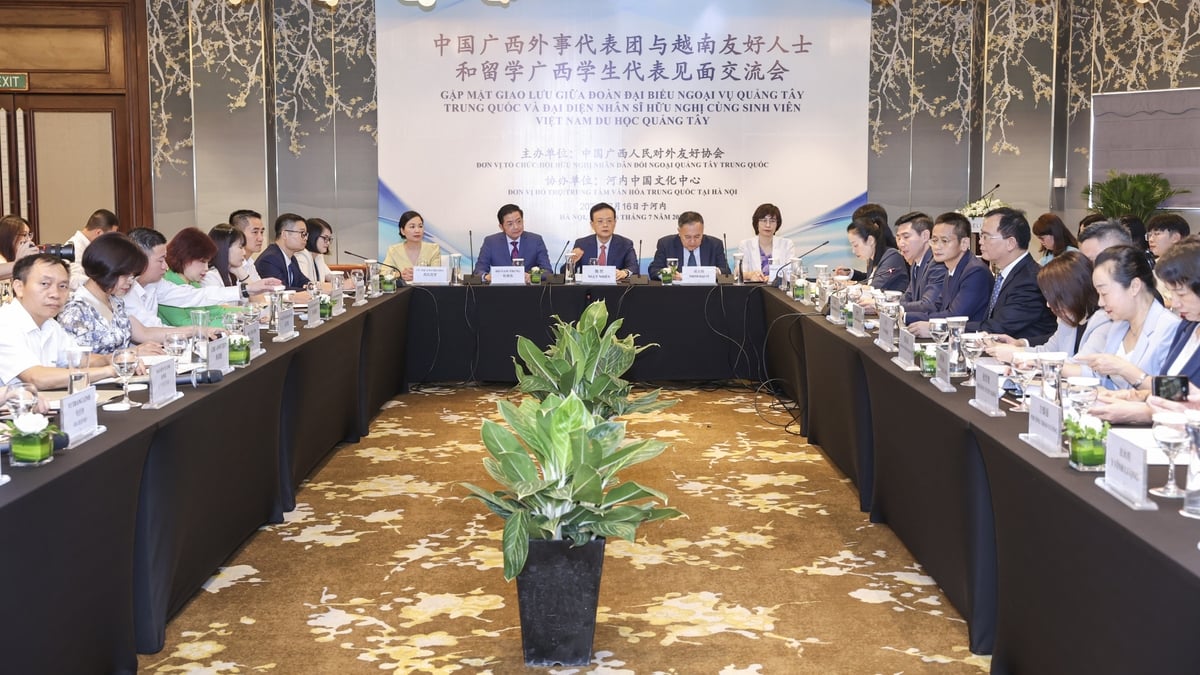

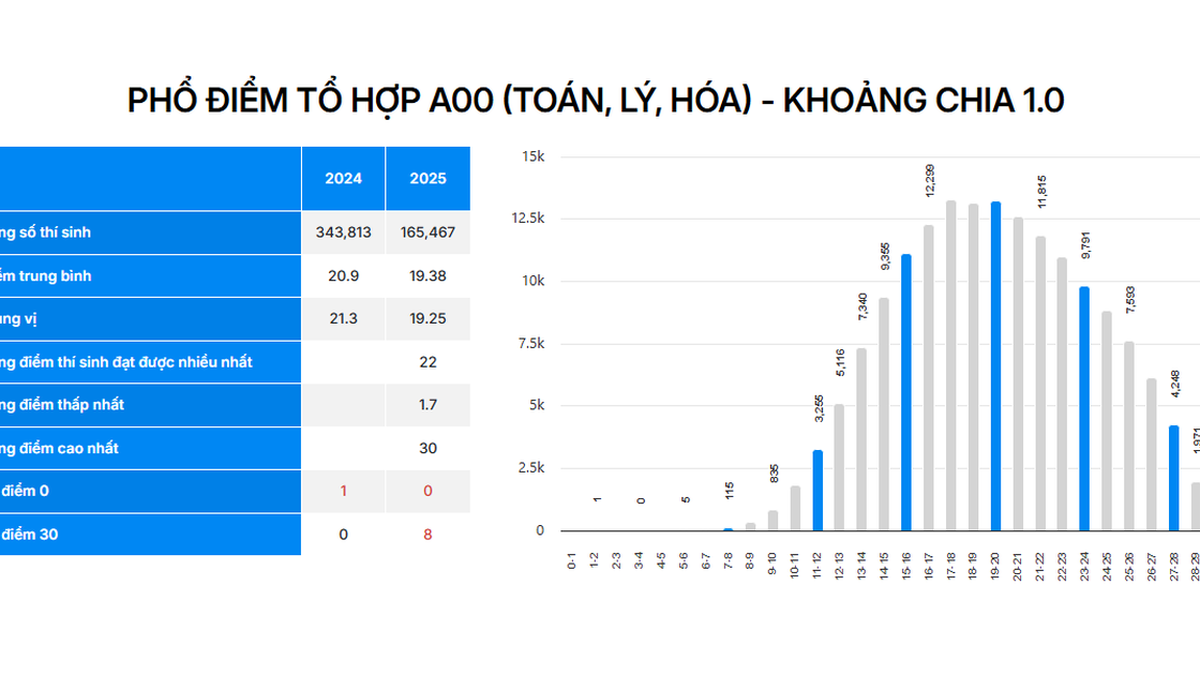
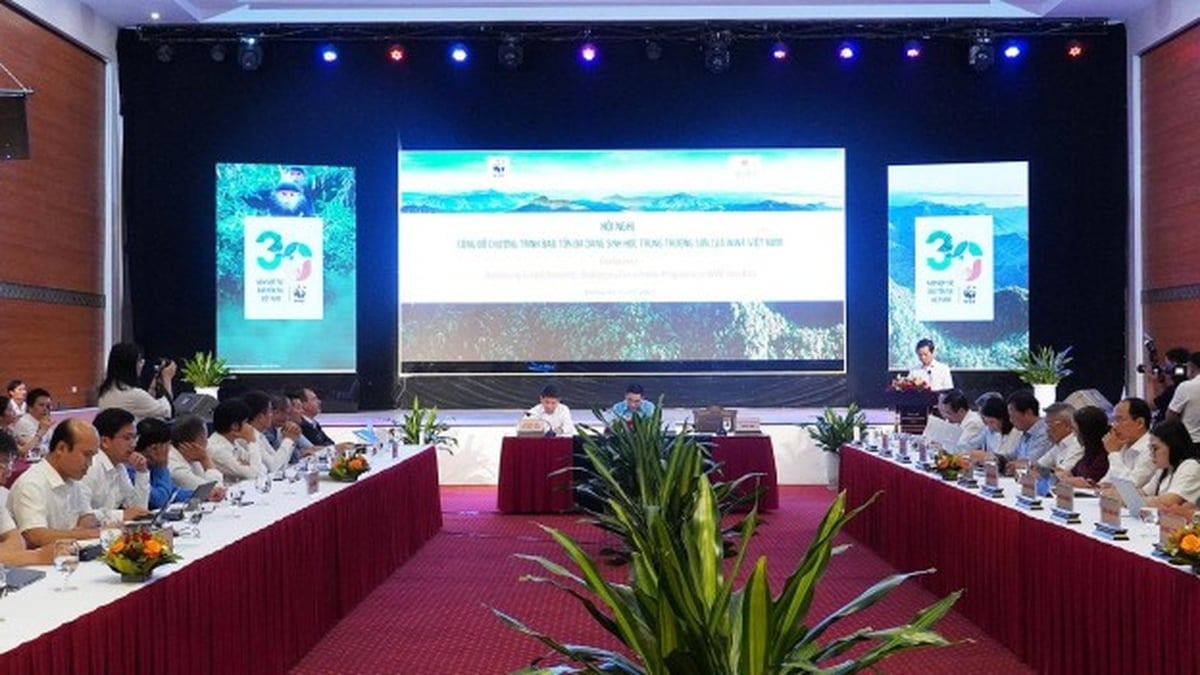
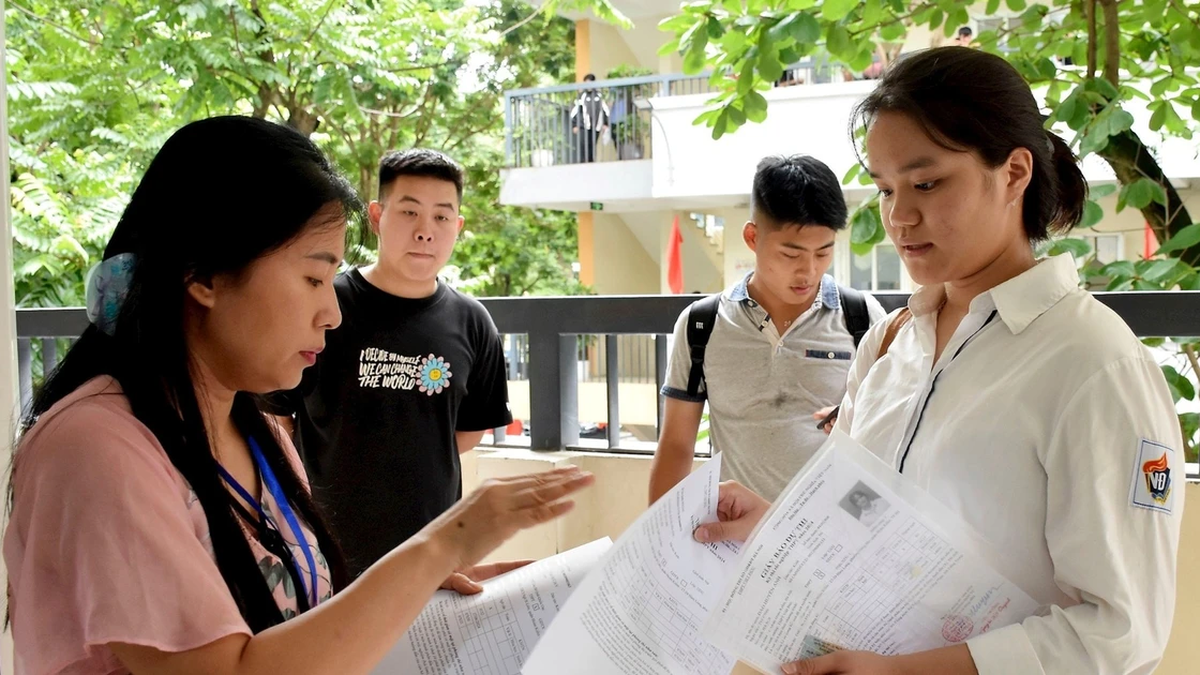



















































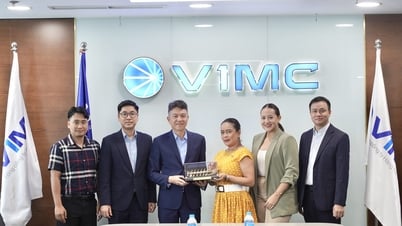








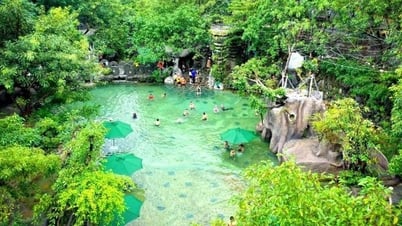
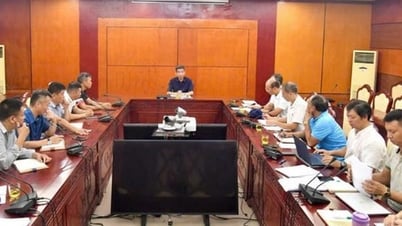
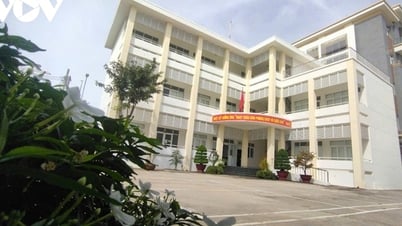
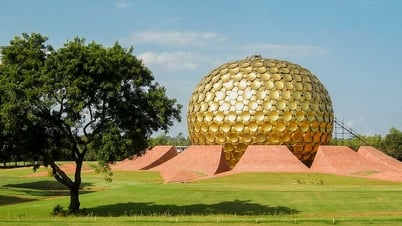

























Comment (0)